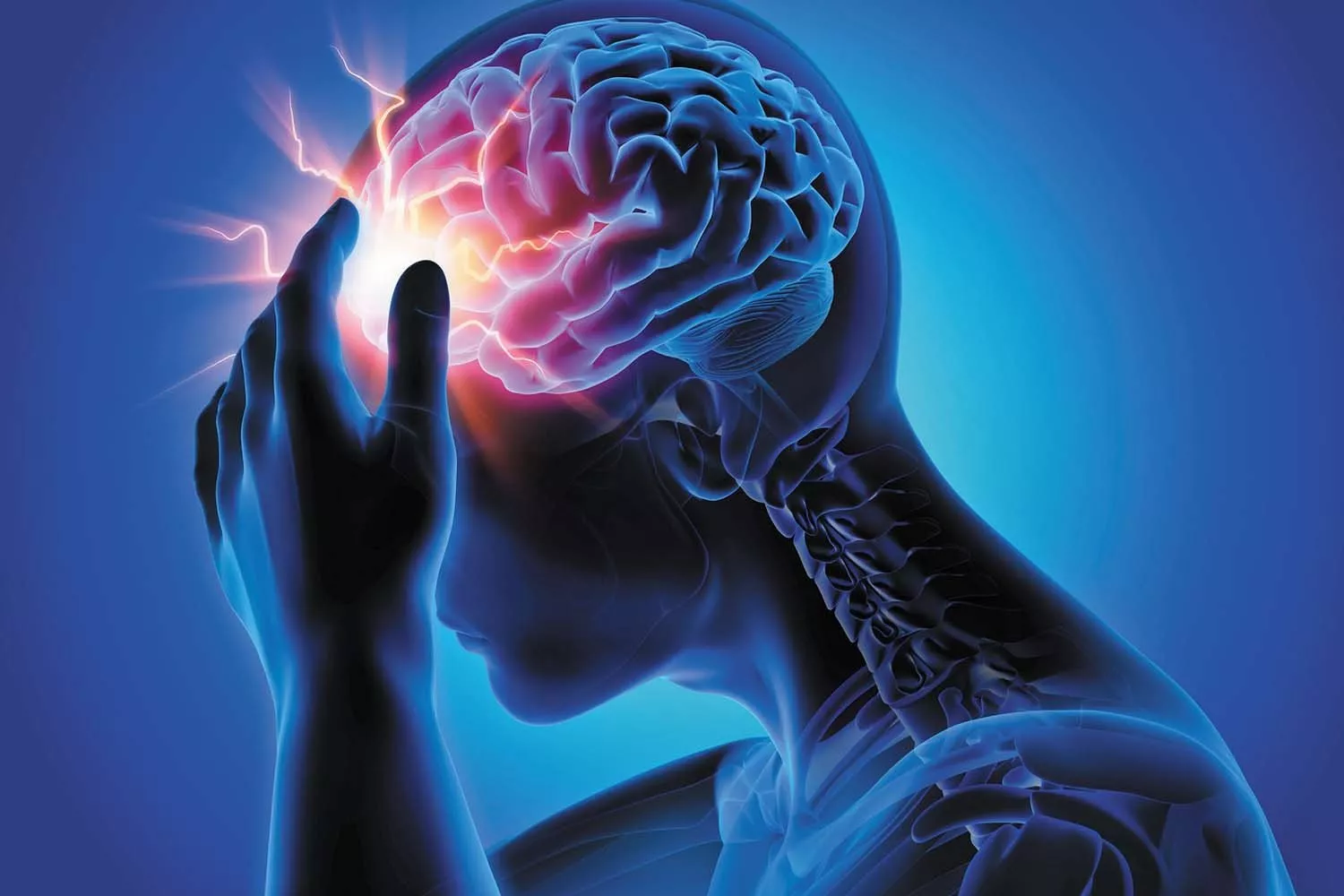Headaches can be a real drag, can't they?
They sneak up on you during the most inconvenient times and can linger for hours, even after you've popped a pill or two. While some headaches are just a minor nuisance, others can be downright debilitating. Whether it's a dull, nagging pain or a full-blown migraine, finding quick relief is often a top priority.
But what do you do when that stubborn headache won't budge? Let's dive into some symptoms to watch out for and explore both medicinal and natural remedies to help you get back to feeling your best in no time.
Symptoms of a Headache
Headaches come with a variety of symptoms, depending on their type and severity. Recognizing these symptoms can help you identify the best course of action for relief.
Dull, aching head pain: This is the most common symptom, often described as a tight band around the head.
Pressure across the forehead or sides of the head: You might feel like your head is in a vice.
Tenderness on the scalp, neck, and shoulder muscles: Sometimes the muscles around your head and neck feel sore.
Nausea or vomiting: Often associated with migraines, these symptoms can make headaches even more unbearable.
Sensitivity to light or sound: Bright lights and loud noises can exacerbate headache pain.
Blurred vision: Vision disturbances can accompany severe headaches, particularly migraines.
How to Get Rid of a Headache Fast
Finding quick relief from a headache can sometimes feel like a race against the clock. Here are some tried and true methods, both with and without medicine, to help you tackle that pain head-on.
Medicinal Options
Over-the-counter pain relievers: Medications like ibuprofen (Advil, Motrin) and acetaminophen (Tylenol) are often the first line of defence. They work by reducing inflammation and blocking pain signals.
Migraine-specific drugs: If you suffer from migraines, triptans (like sumatriptan) can be very effective. These medications help to constrict blood vessels and block pain pathways in the brain.
Caffeine: Sometimes, a dose of caffeine can help enhance the effects of pain relievers. It’s a common ingredient in some headache medications and can provide quick relief.
Non-Medicinal Options
Hydration: Drink multiple glasses of water. Dehydration is a common trigger for headaches. Keeping hydrated can often help alleviate the pain.
Cold or hot compresses: Applying a cold pack to your forehead can reduce inflammation and numb the area, while a hot compress can relax tense muscles.
Rest in a dark, quiet room: Light and noise can make headaches worse. Resting in a calm environment can help reduce symptoms.
Massage: Gently massaging your temples, neck, and shoulders can help relieve tension headaches. Sometimes all it takes is a little self-care.
Essential oils: Peppermint and lavender oils are known for their soothing properties. A few drops on your temples or in a diffuser can help ease headache pain.
Mindfulness and relaxation techniques: Practices like yoga, meditation, and deep breathing can help reduce stress, a common headache trigger.
When to See a Doctor
While most headaches are harmless and will go away with time or simple remedies, there are times when you should seek medical attention. If your headaches are frequent, severe, or accompanied by other worrying symptoms, it’s important to get checked out by a healthcare professional. Symptoms that warrant a doctor's visit include:
-
Sudden, severe headache that feels like a thunderclap
-
Headache accompanied by fever, stiff neck, rash, confusion, seizures, double vision, weakness, numbness, or speaking difficulties
-
A headache that worsens over days or changes in pattern
-
New headaches if you're over 50, or have a history of cancer or immune system issues
Don’t let headaches control your life. With the right approach, you can find relief and get back to doing the things you love. If in doubt, always consult with a healthcare professional to ensure you’re on the right track to managing your headache pain effectively.









COMMENTS
Comments are moderated and generally will be posted if they are on-topic and not abusive.
For more information, please see our Comments FAQ